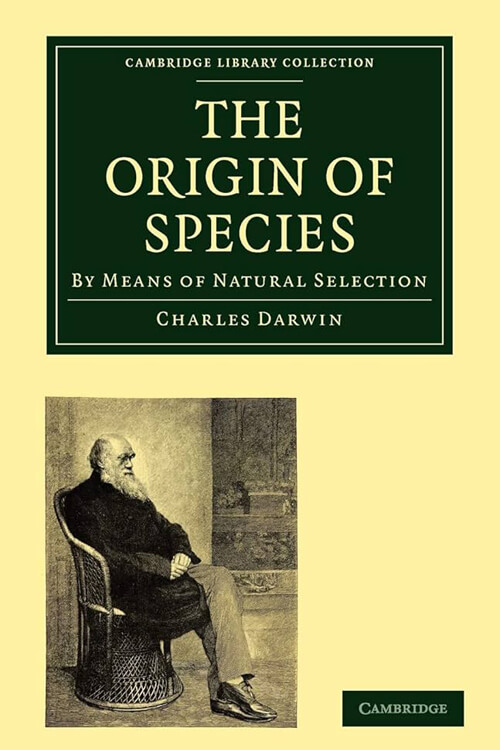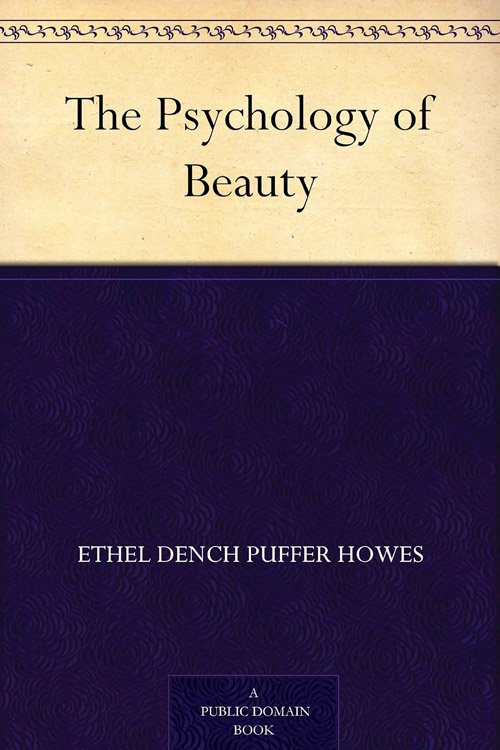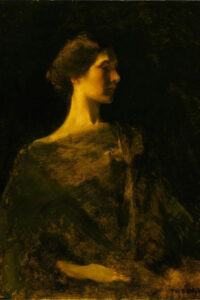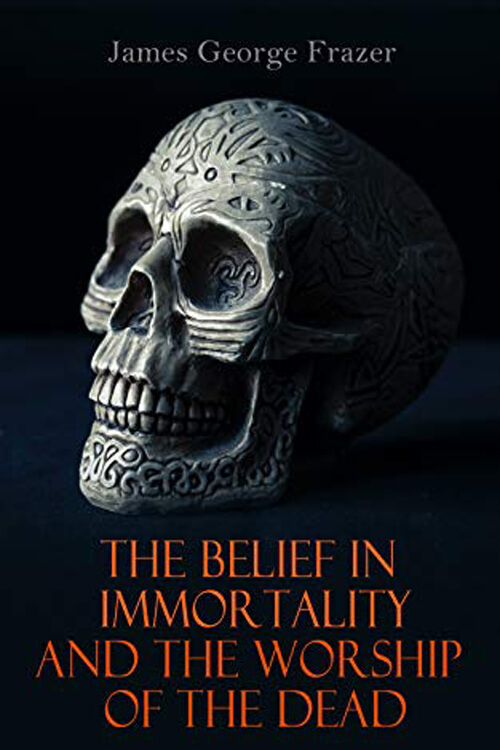
The Psychology of Beauty
Thus, it would seem that if the report of his reactions to a work of literary art is the intention of the impressionist and its explanation that of the scientist, the purpose of the appreciative critic is somewhat named as the illuminating and interpreting reproduction of that work, from material furnished by those other forms of critical activity. Must, then, the method of appreciation, as combining and reconciling the two opposed views, forthwith claim our adherence?
To use all the devices of science and all the treasures of scholarship for the single end of imaginative interpretation, for the sake of giving with the original melody all the harmonies of subtle association and profound meaning the ages have added, is, indeed, a significant undertaking. But is it as valuable as it is vast? M. Brunetiere has poured out his irony upon the critics who believe that their reactions to literature are anything to us in the presence of the works to which they have thrilled. May the interpreter also not be asked if its function is necessary? Do we require so much enlightenment only to enjoy?
Appreciative criticism is a salt to give the dull palate its full savour, but what literary epicure, what real boo-lover, will acknowledge his own need for it? If the whole aim of appreciative criticism is to reproduce in other arrangements the contents, expressed and implied, and the emotional value, original and derived, of a piece of literature, the value of the end, at least to the intelligent reader, is out of all proportion to the laboriousness of the means. Sing, reading’s a joy! For me, I read.
Read or download Book
Ethel Dench Puffer Howes
Ethel Dench Puffer Howes (10 October 1872 – 1950) was an American psychologist, suffragist, and college professor.
Biography.
She taught at Wellesley College, Smith College, and Simmons College. She was Executive Secretary of the National College Equal Suffrage League and founder of the Institute for the Coordination of Women’s Interests at Smith College. Ethel Dench Puffer was born to George and Ella Puffer in Framingham, Massachusetts, on October 10, 1872, the eldest child in a family of four daughters. Her mother and aunt had gone to college, and Puffer and her sisters would also attend college. All four Puffer sisters graduated from Smith College, and two earned doctoral degrees.
Puffer completed her undergraduate degree at Smith College in 1891 at age 19, after which she taught high school in Keene, New Hampshire, where she met her future husband, a student at that time. After teaching high school for a year in Keene, Ethel Puffer returned to Smith College as a mathematics instructor but soon became increasingly interested in psychology. In 1895, she travelled to Germany to pursue education in the newly formed field. She was met instantaneously with the logistical obstacles set in place to keep women from enrolling in graduate courses.
Letters to her mother reveal the persistence Puffer employed to ensure her place at the University of Berlin, which included pursuing meetings with professors, ministers, and rectors at their homes on the weekend to request permission to attend classes.






